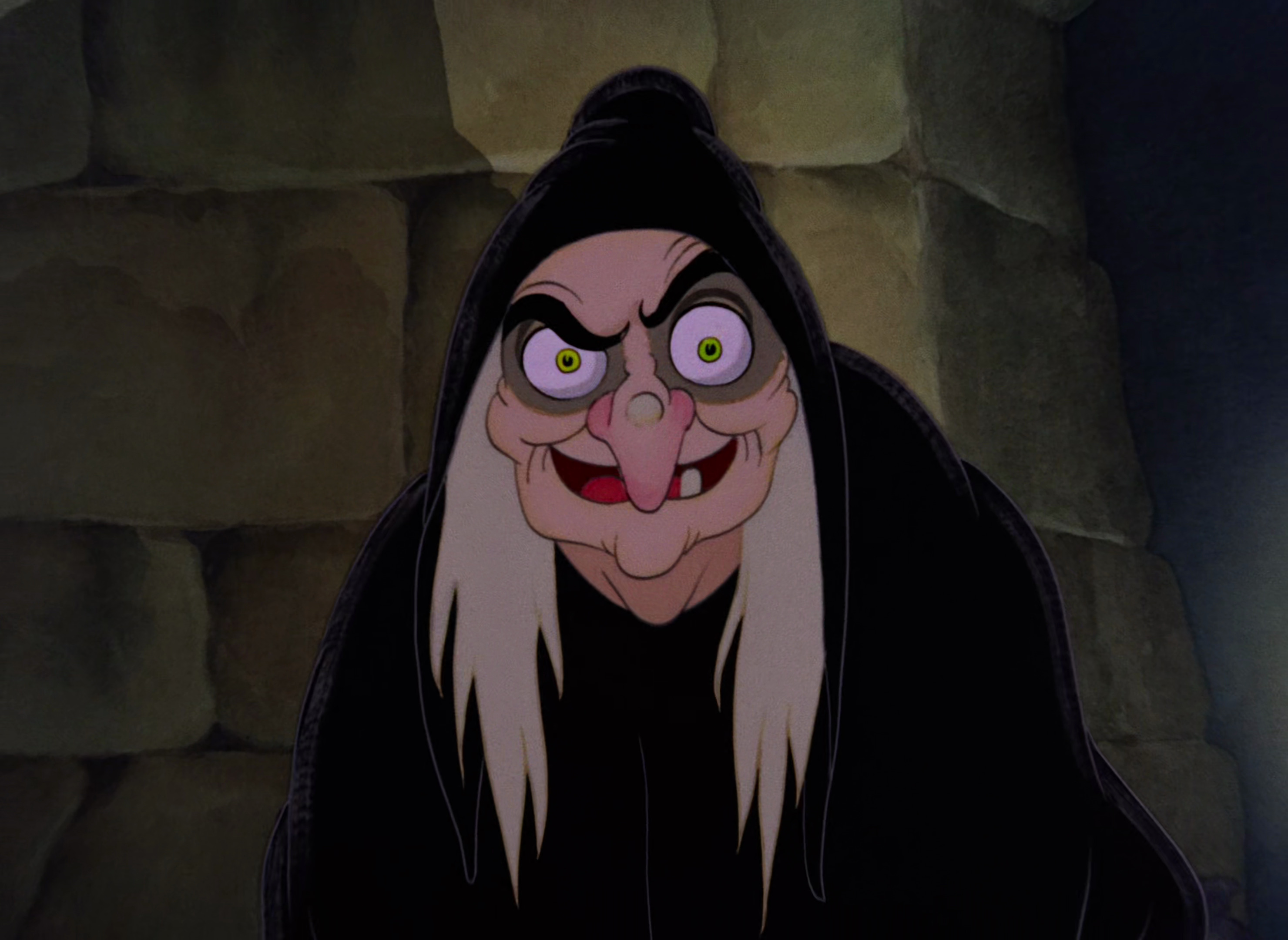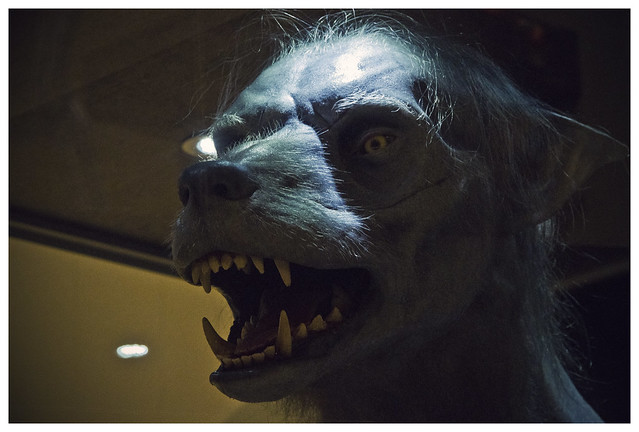In contemporary culture witches, or wizards, represent higher knowledge/intelligence/wisdom. An example of this is Hermione Granger, from the Harry Potter book series. She is very intelligent and reads constantly and this comes in handy throughout the whole series and all the adventures that she and her friends embark on. It is even possible, that without her help Harry Potter wouldn’t have even gotten close to defeating Lord Voldemort.
In Snow White, the witch is devious and manages to trick Snow into eating the poisoned apple. Although this could also still be a reference to the fear that men had of women when witches were originally created in literature, she was intelligent nevertheless. Not to mention, Albus Dumbledore, another character in the Harry Potter books, was also very wise and intelligent, and he happened to be a man.
Apart from representing higher knowledge and all of that, I think that witches and wizards could potentially represent the human alter ego, who has magical abilities to solve problems, due to a feeling in society of helplessness when fixing a world that continues to fail in so many ways. As humans it is difficult for us to deal with reality when things aren’t going our way. It’s so much easier to pretend that those things aren’t happening or to escape into a fantasy world where the solution is a simple as casting a spell.
This makes me wonder what werewolves represent in contemporary culture. In the Twilight series, Jacob Black and his pack are young teenagers with rippling muscles and an inability to keep their clothes on. The excuse given in the book for their appearance is the growing number of vampires in Forks. They are protectors. However, in Harry Potter, Remus Lupin is actually a monstrous being who has no control of his actions or recollection of his human self. He is a victim to a terrible condition that isolates him from the rest of the wizarding world and that causes people to judge him and treat him like a leper. I don’t see the common ground. I guess I have to keep in mind that Twilight also has shiny vampires who will forever remain sexy teenagers, while Harry Potter is a story about an orphaned boy whose mission is to destroy an evil wizard who kills innocent people. That being said, I still don’t really know what werewolves could possibly represent. I guess I just need to read more works with werewolves in them to be able to make an asserted analysis.
I find it so interesting that in both of these cases, not only has the meaning of what each monster represents changed, but also what they look like. This only raises more questions in my mind. Why is it, that today’s society makes even “monsters” look attractive, as opposed to repulsive and frightening. It seems like our society is so obsessed with beauty and superficial things that we can’t even allow our monsters to be unattractive and scary, as they should be.



